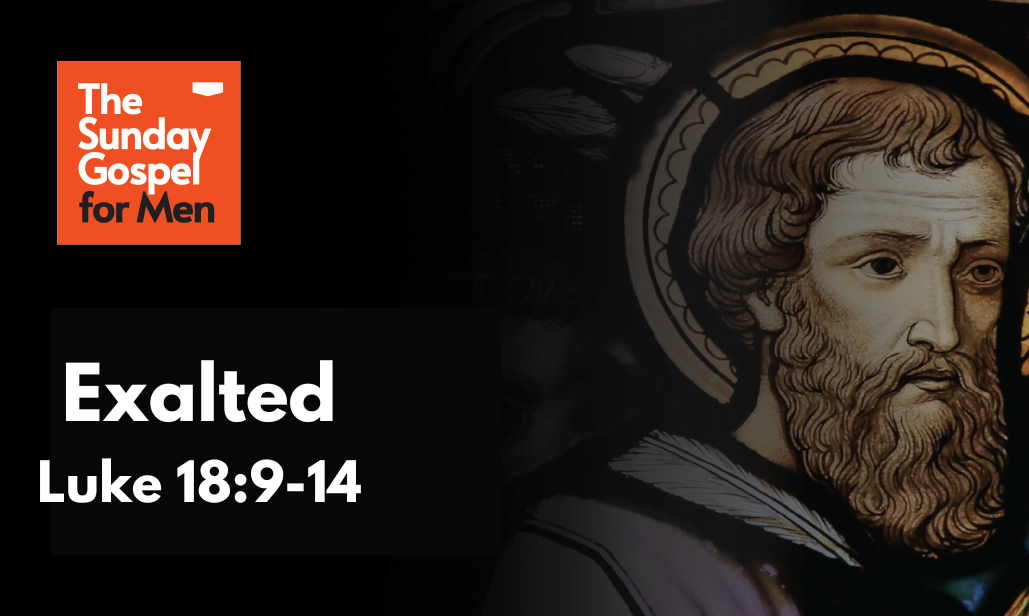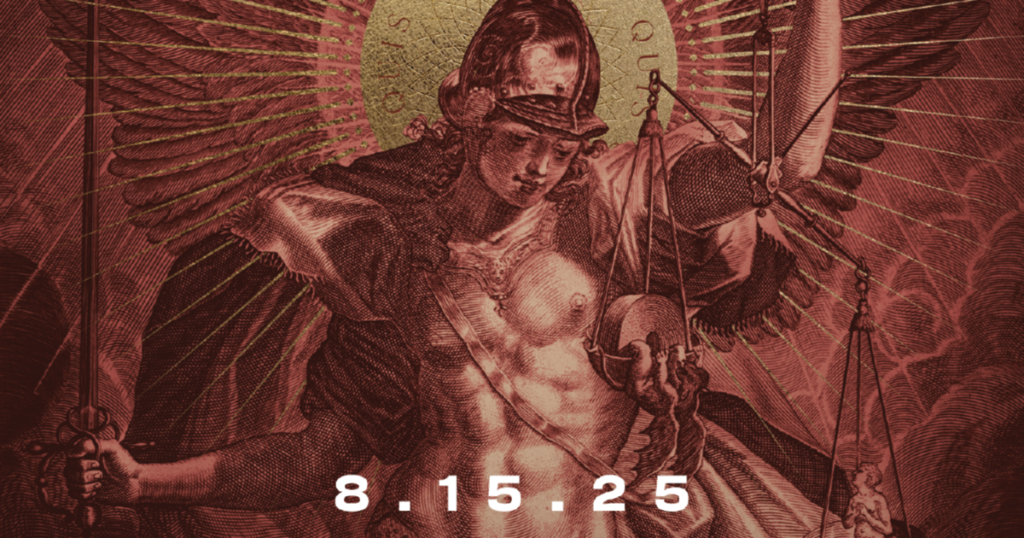For Sunday, October 23rd, 2022
Reading
Jesus addressed this parable to those who were convinced of their own righteousness and despised everyone else. “Two people went up to the temple area to pray; one was a Pharisee and the other was a tax collector. The Pharisee took up his position and spoke this prayer to himself, ‘O God, I thank you that I am not like the rest of humanity — greedy, dishonest, adulterous — or even like this tax collector. I fast twice a week, and I pay tithes on my whole income.’ But the tax collector stood off at a distance and would not even raise his eyes to heaven but beat his breast and prayed, ‘O God, be merciful to me a sinner.’ I tell you, the latter went home justified, not the former; for whoever exalts himself will be humbled, and the one who humbles himself will be exalted.”
Luke 18:9-14
Reflection
Have you ever seen someone who is really bad at their job? Image an expert in your field—someone you are told to respect—but he just can’t seem to accomplish the simplest task. You are told to look up to him, but he is failing in his field of “expertise.” This is what is happening with the Pharisee in today’s Gospel.
The first verse of today’s Gospel tells us about the intended audience, saying, “Jesus addressed this parable to those who were convinced of their own righteousness and despised everyone else.” If we are honest with ourselves, we know that this applies to us as well. In one way or another, we are all like the Pharisees in our low moments. Not only do we justify ourselves to ourselves, but we also justify ourselves to God himself. We fail at the simplest things in the fight for our salvation.
When was the last time you thought, “O God, I thank you that I am not like the rest of humanity—greedy, dishonest, adulterous—or even like [that guy]?” Thinking this way is akin to playing God. As men, we tend to compare ourselves to others and act like we know it all. It is easy to assume the worst of others and the best of ourselves. But in reality, we need to be more like the humble, little tax collector.
The tax collector’s prayer is the opposite of the Pharisee’s. First, note the difference in their posture as they stand before the Lord. The Pharisee stands confidently, while the tax collector “stood off at a distance and would not even raise his eyes to heaven.” His body language communicates his attitude of humility. Second, the tax collector “beat his breast,” a symbol of repenting from his heart. Third, he prays a short prayer: “O God, be merciful to me a sinner.” Nowhere in this prayer does he compare himself to others or justify himself to God. In other words, pride is absent. This man knows that he is in need of God’s grace and mercy. And that should be our starting point in prayer since “humility is the foundation of prayer” (CCC 2559).
When you are talking to God, instead of acting like a defense lawyer, remember that you are a “beggar before God.”1 And, acknowledge that you need God and ask for his help from a place of humility, instead of pride. When you do, God lifts you up, and that is what it means to be exalted.
1St. Augustine, Sermo 56,6,9 in CCC, 2559.








